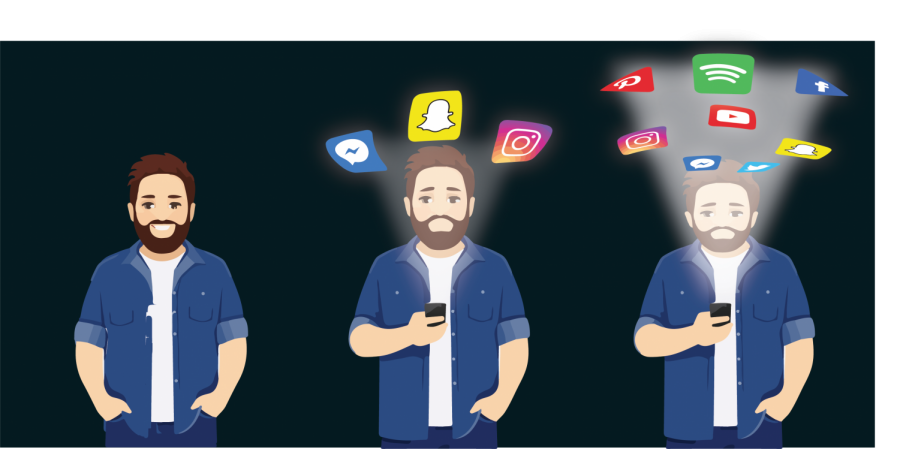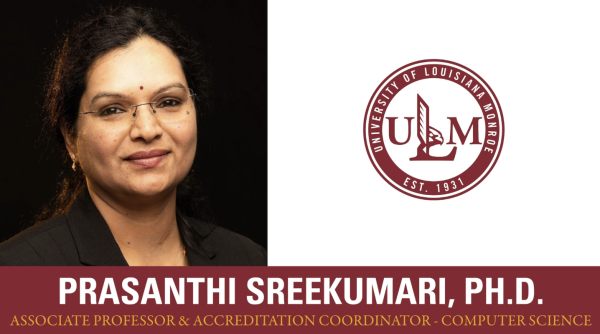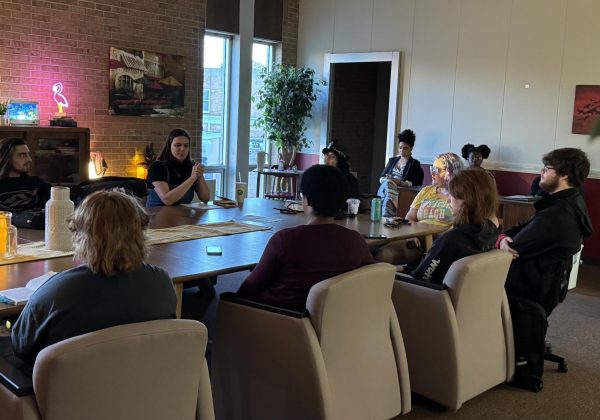Social media contributes to increased suicide rates
Suicide is still a sensitive subject even in some of the most socially progressive societies. It is a dark side of psychology that makes people highly uncomfortable.
It’s also becoming an increasingly common cause of death.
According to a report released by the CDC, the rate of suicide among those aged 10 to 24 increased almost 60% between 2007 and 2018.
One explanation is the increased use of social media.
The Gen Z population has been surrounded and influenced by the internet and social media their entire lives.
Social media can influence suicide-related behavior by unfiltered exposure to graphic and triggering content.
Many online platforms such as Twitter do not have strict rules when it comes to filtering what people are allowed to post. Twitter expanded hate speech rules to include race and ethnicity only in 2020.
Regardless of the rules that different platforms imply, one cannot fully be shielded from being exposed to hateful comments.
This especially affects minorities who tend to be exposed to hate speech more often, such as the LGBTQ community.
Sofia Maksimenkova, a computer science major, said she has seen hate online that she would never see in real life.
“I had to witness many times people speaking in a hateful manner about my community online. It is something I would never witness in real life, but social media makes me realize how big of a problem homophobia still is,” Maksimenkova said.
On the other hand, social media has greatly contributed to spreading suicide awareness among youth.
On social media platforms such as TikTok, people often feel comfortable sharing their experiences with others.
Those who cannot afford a session with a therapist can get advice from a specialist for free.
David Bodingbauer, a business administration major, said he thinks social media is only harmful to people’s mental health if they have a predisposition to mental illness.
He also said social media makes people more aware and self-conscious of their mental health, since people use social media platforms to educate themselves on mental health as well as share their thoughts and opinions.
According to McLean Hospital, a Harvard Medical School affiliate, some families should modify the way that they use social media to avoid the bad effects.
For example, a “no selfie” rule would make children share their experiences without emphasizing a focus on their appearance.





